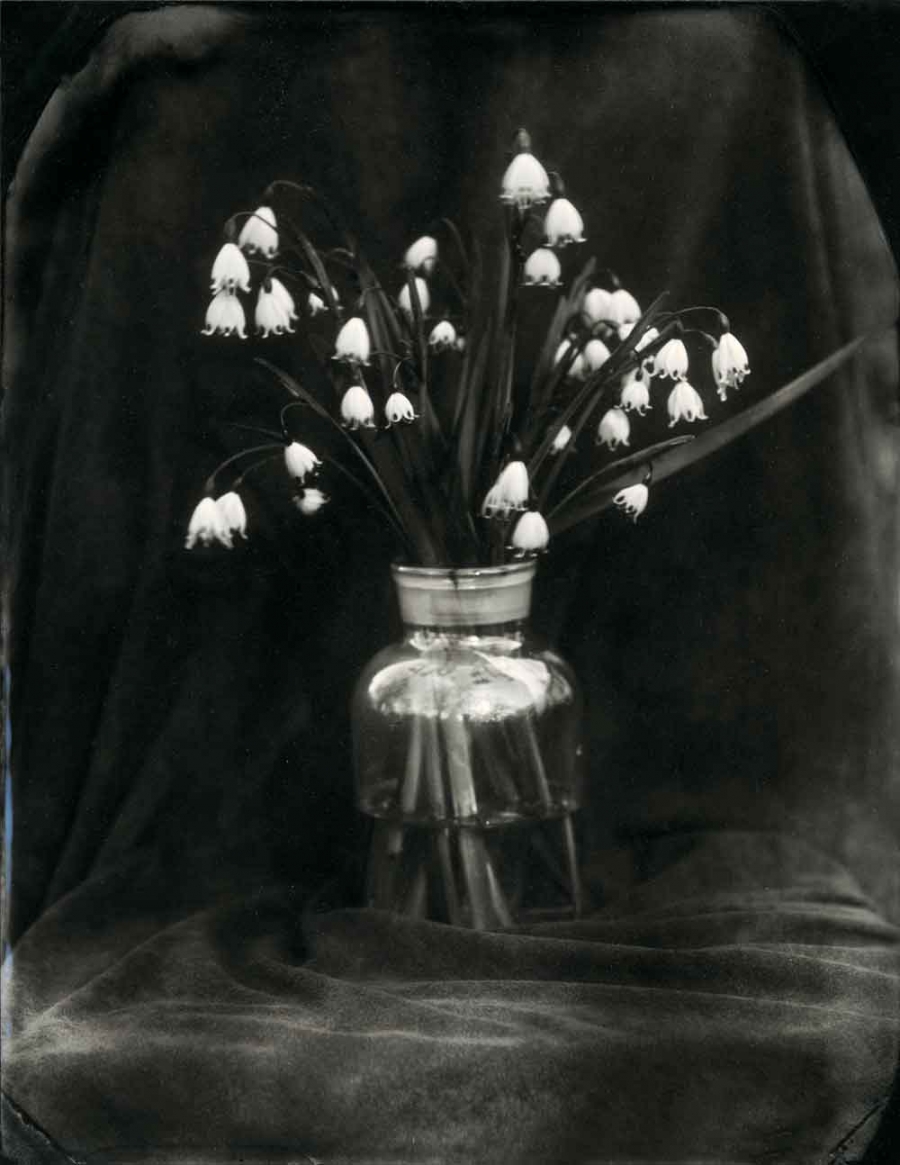
An Honest Place To Start
In 1983, I was living in Alexander, North Carolina, when an eleven-year-old was raped and murdered in Red Springs, just a few hours away. I was eleven, too. Her name was Sabrina Buie. Sabrina Buie’s panties were shoved down her throat with a stick, and she choked to death in a Robeson County soybean field.
The Robeson County D.A., Joe Freeman Britt—already on his way to a Guinness record as “the deadliest prosecutor in America”—accused two black stepbrothers, both mentally disabled. They signed confessions after hours of interrogation, thinking they’d be able to go home, get some sleep. Instead, they set their own records. Leon Brown, fifteen, became the youngest inmate on death row. Henry Lee McCollum would be on death row longer than anybody else in North Carolina’s history.
While they sat in prison, my sisters and I went on school trips to the Biltmore House and Six Flags; we took family trips to Blowing Rock, Chimney Rock, Sliding Rock, Callaway Gardens. By the time I memorized the counties of North Carolina for Mrs. Eddington’s sixth grade class, Leon Brown and his stepbrother had been on death row a couple years. In 1987, a reporter from the Virginian-Pilot Ledger-Star asked Brown what he’d known about the death penalty before his arrest. He said, “I never heard nothing about it. I knew people was locked up but I didn’t have a mind back then about a whole lot of stuff. . . . The people who had me that night at the police station—I didn’t know what people could do and what they can’t because I had never been in any of that, you know, how your constitutional rights and all that stuff.”
They were still in prison when I went to college at Stanford, near San Francisco. People from all over the world, vegan cooperative housing, mixed race folks, the gays. Nobody freaking out, nobody saying anybody was going to hell. I volunteered at the Women’s Center and Ye Olde Safer Sex Shoppe. We marched for abortion rights, AIDS research, Rodney King. I loved it there. And I thought it was kind of a cop-out. Of course everyone wanted to live there. The weather was perfect, the food was fresh, and people called out racism, sexism, and homophobia whenever they saw it. It was like being on vacation from the hard parts of America. I could have looked harder and found some, but I didn’t know that yet. I was dazzled, but still felt I wasn’t in the real America. Compared to North Carolina, the Bay Area felt like America Lite.
I tripped over a mic cord as I was getting my diploma in 1994, the year McCollum’s legal team asked the Supreme Court to review North Carolina’s decision to put him to death. They declined, with Justice Blackmun dissenting. That same year Blackmun said he could “no longer tinker with the machinery of death,” and Justice Scalia scoffed, bringing up “the case of the 11-year-old girl raped by four men and then killed by stuffing her panties down her throat.” He elaborated: “How enviable a quiet death by lethal injection compared with that!”
I get it. Someone should be killed for this, Scalia’s arguing; someone should pay. I’m glad that we’re human, that we respond to this level of horror with an equal measure of rage. But then what? After DNA evidence proved McCollum and Brown’s innocence, they were freed last summer. They weren’t even there, and we never caught the guy who was; that “four men” part wasn’t right, either. Rage is easy. But if Justice Scalia can be that wrong, maybe rage is making us bad at justice.
And looking away doesn’t help make things right. I still can’t believe I wasted my fresh, springy synapses on memorizing the names of all one hundred counties in North Carolina. One hundred counties’ names. What was that about? Why do we want our children learning that, instead of “your constitutional rights and all that stuff?” I grew up in Buncombe County. Sabrina Buie was murdered in Robeson County. Two innocent men were held for thirty years in Central Prison, in Raleigh: Wake County. Joe Freeman Britt sentenced more than forty people to death before he retired in Robeson County.
In America, Lots of women’s and girls’ murders go unsolved. And people are working on it. Surviving family members of other women murdered around the same time as Sabrina Buie are speaking up in the comments section of The Robesonian’s website. Robeson County’s new D.A. is doing things so differently than his predecessor that Joe Freeman Britt called him “a pussy” in the New York Times. I look back over all the stuff I’ve gotten to do for the last thirty years, and I think about Leon Brown and Henry Lee McCollum, and I’m embarrassed to be an American. My taxes put those guys behind bars, and kept them there. But I’m happy to talk about that. Indicting the self—pointing to the ways we are wrong or privileged our own selves—seems like a honest place to start.
I’ve planted forsythia, mountain laurel, cherry, and dogwood in my backyard in Boston: outside should look like the South. Whenever I go home now I bring back White Lily Self-Rising Flour for biscuits, vac-packed country ham pieces, Anson Mills grits. If I’m a Poet of the New South, it’s because the New South is where I first saw a difference between what I was learning America was supposed to be like, and what America was actually doing. It’s where I ate my first ham biscuit, first shrimp and grits, first pulled pork with vinegary sauce and slaw. It’s where my family lives, where my nephews play football and my nieces go to the same dance studio my sisters went to. It’s where I first started asking the questions that got me to the rest of my life.

